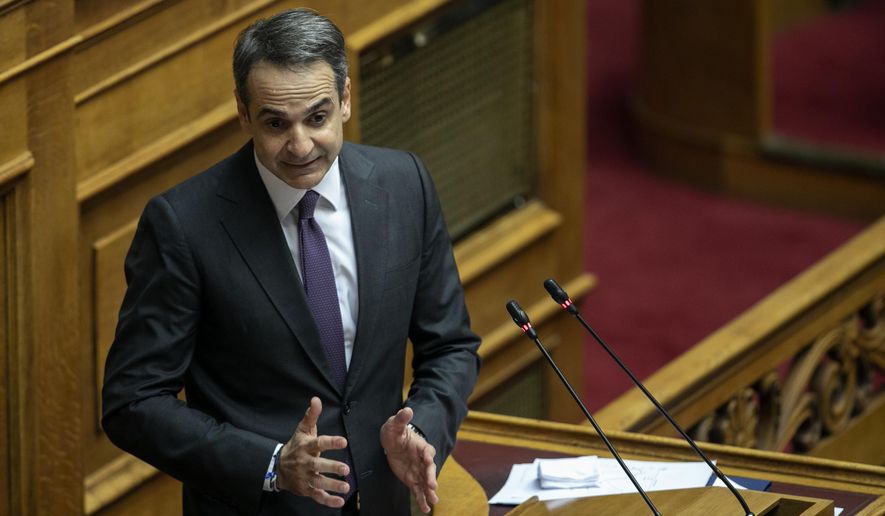After the U.S. execution of Iranian terror mastermind Qassem Soleimani, the combustible regional dynamic across the eastern Mediterranean Sea, where southern Europe, the Middle East, Eurasia and northern Africa intersect, is more dangerous than any time since the 1973 Yom Kippur War.
It’s especially timely that President Trump value a kaleidoscopic geopolitical conversation when he meets Jan. 7 with Greek Prime Minister Kyriakos Mitsotakis regarding China, Russia, Iran, the European Union, Turkey, Libya, Ukraine, Israel, Egypt, energy, cyber security and more.
The U.S.-Greece relationship is the strongest in decades, engaged in a strategic dialogue since 2018. Greece is long among NATO members spending above 2 percent of GDP on defence, with a renewed commitment to allocating 20 percent on major equipment.
The Trump administration signed an open-ended military agreement to expand the deep-water naval base used by the Sixth Fleet in Souda Bay, Crete. Washington will build out three additional bases, including a naval air base near the Dardanelles Straits, to more effectively supply NATO allies Bulgaria and Romania and through which the Russian navy must navigate.
Mr. Mitsotakis recently welcomed China’s General Secretary Xi Jinping to Athens. They signed 16 government and business agreements across a diverse array of industrial, energy, banking, education, legal and agricultural sectors.
Mr. Trump will ask Mr. Mitsotakis to strongly consider 5G alternatives to Huawei, the Chinese telecommunications giant. One of Europe’s least digitised countries, Greece will hold a 5G spectrum auction this year. From Washington’s perspective, a Huawei 5G network means granting the Chinese Communist Party access to personal, commercial, industrial and defence-related data, facilitating potential Chinese espionage and cyber-attacks against U.S. and Western interests.
Sourced by: Washington Post
